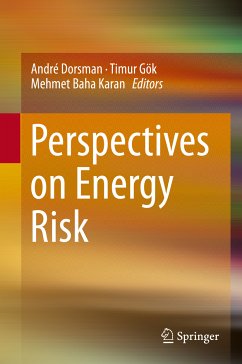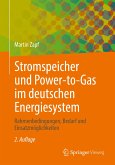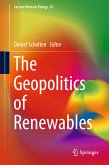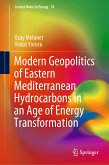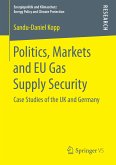Since the Industrial Revolution, the efficiency with which energy resources are extracted and converted into work has played a prominent role in the accumulation of material wealth. The prominent role of energy resources, in conjunction with their scarcity and their uneven geographic distribution, has had significant repercussions. Collaboration, competition and conflict among nation states for energy resources have created global, geopolitical and market risks. In this volume, academic scholars and practitioners assess these risks from global, geopolitical and market perspectives. They do so by presenting empirical research and discussing our current understanding of this quickly changing and developing field.
This is the third volume in a series on energy organized by the Centre for Energy and Value Issues (CEVI). The previous volumes in the series were Financial Aspects in Energy (2011) and Energy Economics and Financial Markets (2012).
Dieser Download kann aus rechtlichen Gründen nur mit Rechnungsadresse in A, B, BG, CY, CZ, D, DK, EW, E, FIN, F, GR, HR, H, IRL, I, LT, L, LR, M, NL, PL, P, R, S, SLO, SK ausgeliefert werden.

